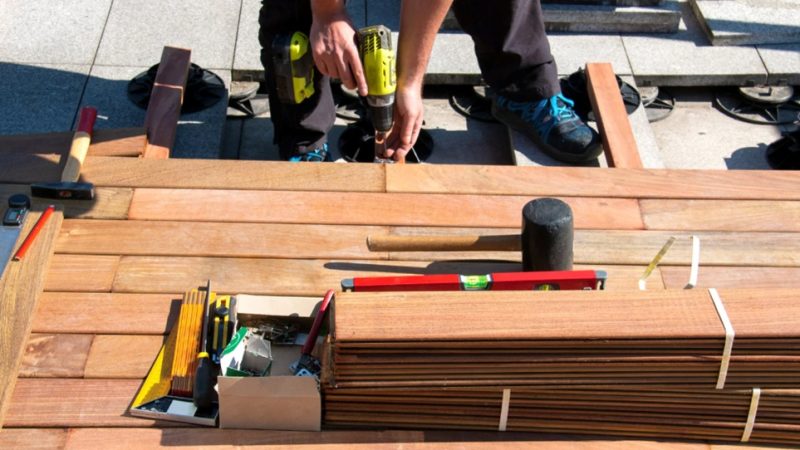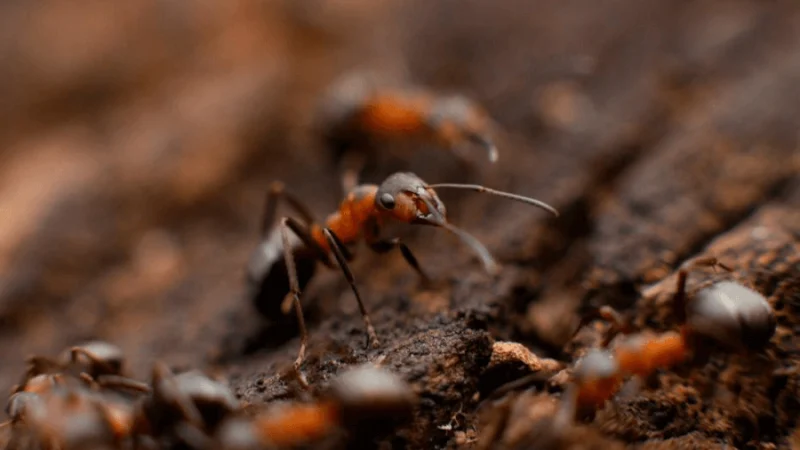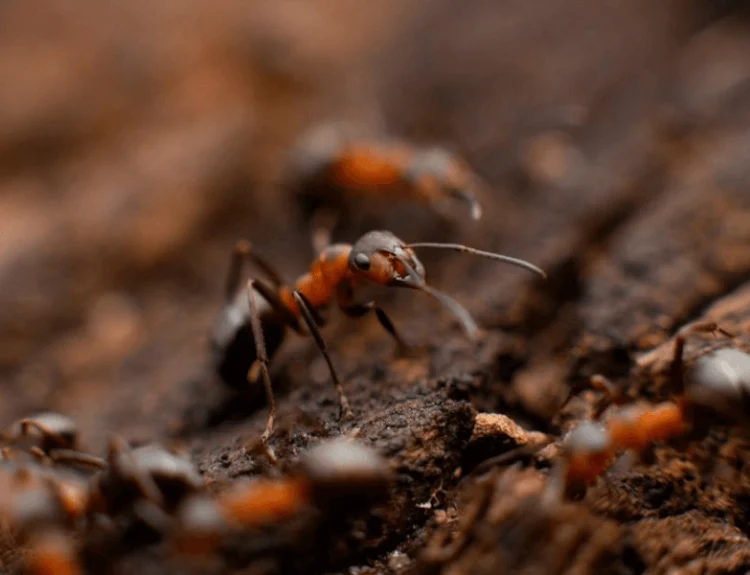Water softeners, as well as conditioners, work successfully with either potassium chloride (in fact, a kind of salt) or sodium chloride (typically described as salt).
A few of the softening salt pellets cost the supermarket or home improvement shop to have a high level of water-insoluble matter or pollutants. This insoluble issue can trigger accumulation in the tank or create your conditioner to breakdown. If you notice build-up, the Salt water softener tank will require to be cleaned regularly. So, when you are shopping for softening salt, try to read the label over the sack of salt pellet, which will show you’re getting the highest pureness level.
SALT:
Let’s review salt or sodium chloride. Salt can be found in three different kinds:
- Block salt.
Salt pellets are the most usual, as well as are usually cheaper than potassium pellets. Here is a breakdown of the readily available alternatives:
Evaporated salt pellets have the greatest pureness price of the aforementioned salts, as well as usually one of the most expensive. The higher the pureness of your salt, we like 99.9% pure salt, the much less water-insoluble matter, which indicates less chance of mushing, linking, or insoluble build-up at the bottom of the tank that will need to be cleaned later on.
Solar salt pellets are most typically marketed in the crystal or pellet form, as well as is made through evaporating seawater. Solar salt is more soluble compared to rock salt but might not work in addition to vaporized salt when your water hardness degree is really high. Several solar salt brands include 99.6 pure salts.
Rock salt resembles tiny stones or rocks. Though this type of salts is extra cost-effective, we do not recommend utilizing it as it has a high quantity of calcium sulfate which implies it wouldn’t dissolve nicely in water and can cause maintenance headaches.
Block salt ought to not be used unless your supplier suggests, and raises the water level in the brine container to ensure the blocks are completely immersed for optimum brine formation.









